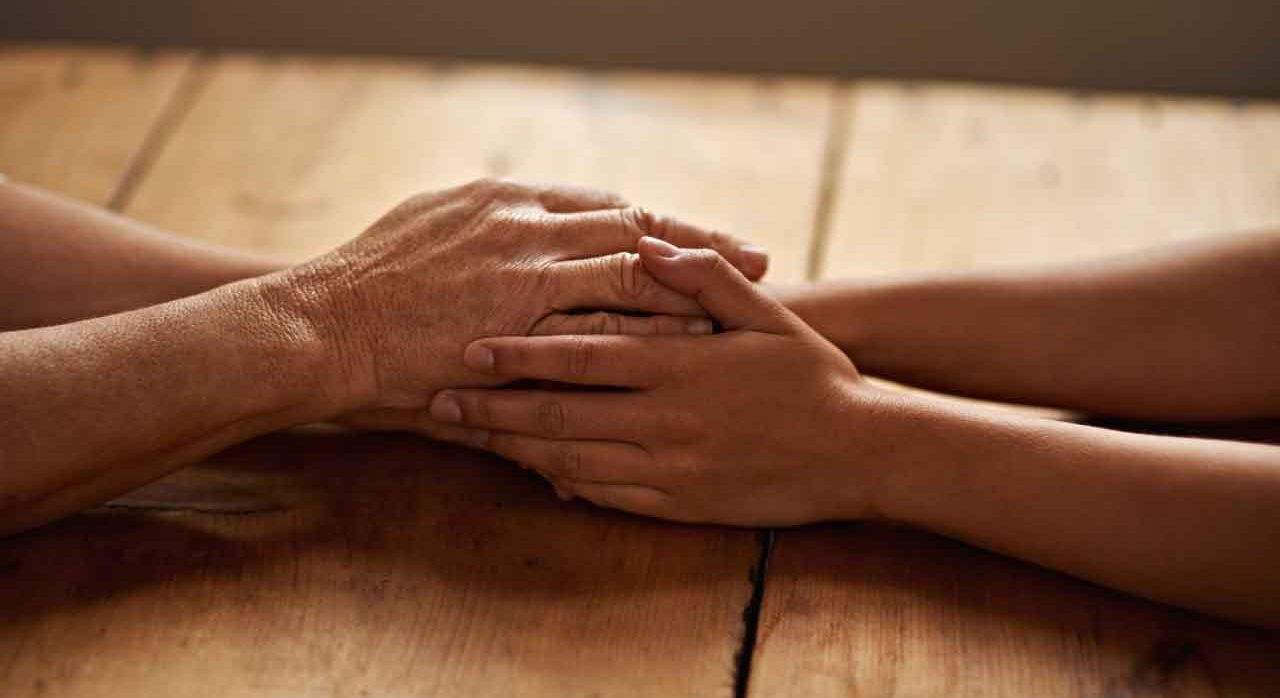January 20, 2016
Give and Forgive

Are you often hurt, angry, and disappointed with people? Do those emotions color your days so you are less happy? Would you like to enjoy your friends and family more? I’ve had to answer “Yes” to those questions at times in my life. The antidote has to been to think differently. I see five steps.
- Don’t take other people’s behavior personally.
- Expect flaws and hurtful behavior.
- Don’t let those flaws make you unable to see the good.
- Love yourself.
- Choose a course of action and proceed.
YOU MIGHT ALSO LIKE: Build Your Relationship with Listening
If I work my way from #1 through #4, I see more options when it comes to #5. I have learned that I don’t have to live with my unhappiness, waiting for other people to act. My options are many — I might let the moment pass, open up a discussion, change the circumstances of a relationship or end it.
Lately, I’ve been experimenting with changing the circumstances. I did so with a friend I’ll call Jill, who frequently infuriated me. One reason is that she is chronically late by a half hour or more with all her friends. I tried discussing it with her. Although she got a little better with me, when I joined a group giving her a birthday dinner at a restaurant, she showed up nearly an hour late. I was ready to ditch the friendship.
But I find that giving and forgiving her — and others — is the happier course for me.
Now I see her much less often, and in specific ways. At first, I only agreed to see her if she met me at my apartment, so I wouldn’t be waiting in public. Then I agreed to meet her at the movies and told her that I would go inside at a certain time and she could come find me. On the first movie date, she arrived well into the trailers, annoyed that I didn’t wait for her outside. The next time, she showed up early and had already bought the tickets. I still wouldn’t travel with her because we’d have to meet trains or planes. I backed out of a theater subscription. I’ve narrowed the circumstances to protect myself, but the friendship is rewarding.
Giving has definitely made me happier, as long as I also stick up for myself. It does not mean chronic self-sacrifice, though it may mean compromise.
Here’s another example. My boyfriend at the time — call him Jack — told me that he wasn’t interested in a commitment because he had separated too recently from his wife. He showed me his lack of commitment in many small ways, and I became increasingly hurt and angry. After over a year, I’d had enough. I could have ended the relationship; instead I changed the circumstances. I told him I wanted to date. Then I met a man and I told Jack about our date. I said, “I still want you. I’m also going to see him and see where it goes.”
YOU MIGHT ALSO LIKE: Make Envy Your Friend — And Keep Your Friends
It sounds like a romantic movie, but it’s true: Jack fell completely in love with me and within a month had begun thinking about commitment. He thanked me for giving him the benefit of the doubt, and continuing to appreciate him. I felt much better about him, as well, because I wasn’t sacrificing myself, waiting for a man to make up his mind. I went on more dates with the man behind “Door #2,” who also knew about Jack.
There are many ways you can give that don’t hurt you, but instead enhance your own happiness through the day. You can train yourself to do these simple things more often. In fact, psychotherapist Russell Grieger advises his clients “to show affection and appreciation to one person each and every day” for a week; then two people each day for the second week, and work on up to four people a day after a month.
Give compliments. Find something admirable and express that admiration. “That was an interesting thing you just said” will go a long way.
You can be polite and say “thank you” often. It may sound strange to say “thank you” when your husband walks the dog — after all, it’s his chore, and he enjoys it — but both of you will feel better if you habitually thank each other for ordinary goodness.
Be kind, in the little ways. Express compassion. Saying “I’m sorry you’re going through this” may feel like empty words. You may want to be more eloquent or know the solution or have the money to buy your loved one what she needs. Expressing compassion may feel like the very least you can do. Nonetheless, it’s a big thing to do.
With family members or close friends who aren’t squeamish about being touched, don’t be afraid of giving a pat on the back, or a casual touch on the shoulder. Give your husband a kiss when he’s not expecting it.
Jack and Jill hurt and angered me when I let myself think that they mistreated me intentionally, out of malice, disrespect, envy, or some other conscious feeling. My other mistake was being surprised and alarmed by their flaws.
People mistreat you because they have habits that make them behave in the way that hurt you. As you’ve heard many times before, it’s about them, not you. They’re usually reacting to discomfort, which just means they’re human. This doesn’t mean you need to accept the behavior. It does mean that you don’t “take it personally,” and you don’t equate the person with the behavior that upset you. A bullying boss still has loving times with his children, or dog. We learned that in a big way watching Tony the Mafioso on “The Sopranos.” Even a gangster has his moments.
You may have become part of a bad feedback loop — he hurt you, you hurt him, and round and round it goes. Step out of the loop. You don’t really want to hurt others, and you don’t need to. You do need to take a risk. It wasn’t at all clear to me that Jack and Jill would put up with me and my experiments. We had a bit of a climb — but so far Jack hasn’t broken his crown, nor has Jill tumbled down after.

